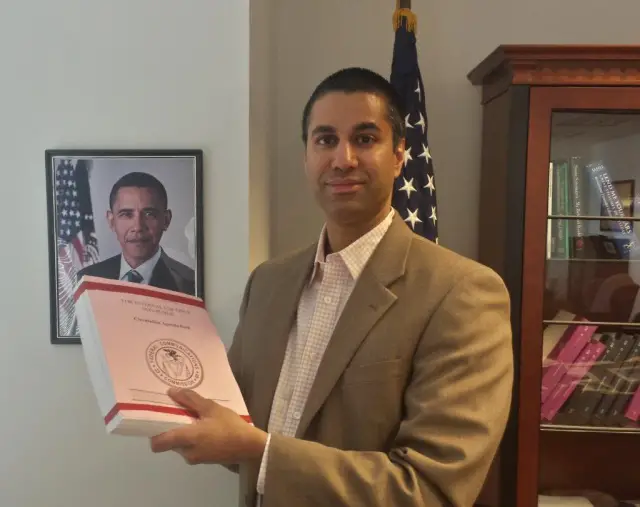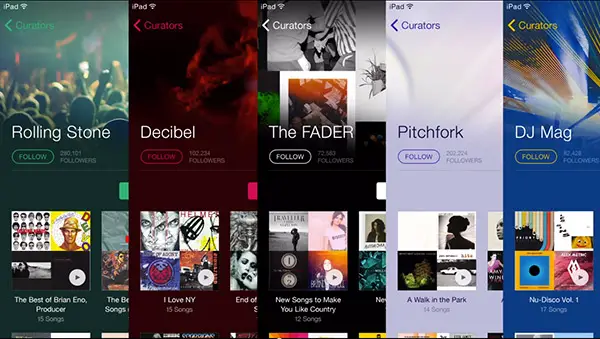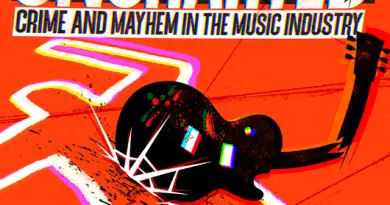
There’s another payola scandal in American radio
I’ve been in the radio business in Canada for almost 44 years, many of them working at the highest levels of programming. In all that time, I’ve never, ever been offered any kind of bribe or inducement to play a song. No money, no favours, no nada. Not. Once. As a matter of fact, I’ve never heard of any of my programming compatriots being offered anything either. Is Canadian radio squeaky clean? Compared to American radio, yes.
The US radio industry has had a problem with payola for the better part of a century. This is the practice of paying a radio station or announcer a, er, gratuity in exchange for playing a certain record. That’s illegal because it distorts the music marketplace in so many ways. There have been several eras when payola ran rampant in America, resulting in prosecutions, fines, and ruined careers. (My podcast, Uncharted: Crime and Mayhem in the Music Industry, features a two-part program on payola. Here’s part one and here’s part two.)
No matter how hard authorities try to stamp out payola, it keeps coming back. And it’s back again.
This latest case involves iHeart Radio, specifically their country stations and even more specifically, the iHeartCountry Festival in Austin, Texas. The issue is that artists may be induced to appear at the festival in exchange for either (a) increased airplay and/or (b) reduced performance fees. If this is what’s happening, it’s clear quid-pro-quo payolas.
Brendan Carr, the head of the FCC, sent a letter to iHeart.
“As iHeart finalizes its approach to this particular music festival, I want to ensure that it does so in a way that complies with federal payola requirements.
“The FCC’s Enforcement Bureau recently issued an Enforcement Advisory regarding a concerning trend in the radio industry. In particular, it appears that certain owners of federally licensed radio stations are effectively compelling musicians to perform at radio station events or festivals for free (or for reduced compensation) in exchange for more favorable airplay. When unreported, these schemes can violate federal ‘payola’ laws.
The FCC is continuing to focus its enforcement efforts on the issues addressed in the Enforcement Advisory. To the extent that radio industry executives believe that the FCC has looked the other way on ‘payola’ violations in recent years, I want to assure you that this FCC will not be doing that.
It is within this context that I am writing you today. Specifically, it has come to my attention that the iHeartCountry Festival ’25 will be held in Austin, Texas, on May 3, 2025. As iHeart finalizes its approach to this particular music festival, I want to ensure that it does so in a way that complies with federal payola requirements.
It would be particularly concerning to me if, on the heels of the FCC’s Enforcement Advisory, iHeart is proceeding in a manner that does not comply with federal ‘payola’ requirements. Indeed, I want to know whether iHeart is effectively and secretly forcing musicians to choose between, one, receiving their usual, ordinary, and full scale compensation for performing or, two, receiving less favorable airplay on iHeart radio stations.”
There are eight pointed questions within the letter. Number five is the most interesting: “Please provide a list of any musicians, artists, or acts that were invited to appear or perform at the Festival but declined to do so. To the extent you have such information, please indicate why they declined to appear.”
For their part, iHeartRadio gave this response, denying any wrongdoing.
I’ve heard many, many stories where artists are compelled to appear at an America radio event. I’m surprised it’s taken this long for an investigation to be launched.
Read more here, here, and here.




